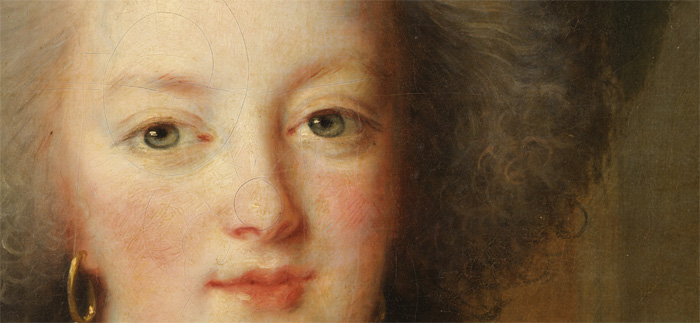Review: Anna Karenina
I actually identified myself with the main character so much, I tried to make a blend of myself and the character using Midjourney. Here are the results. The novel “Anna Karenina” revolves around the tragic protagonist Anna Karenina, a married aristocratic woman who becomes embroiled in...











